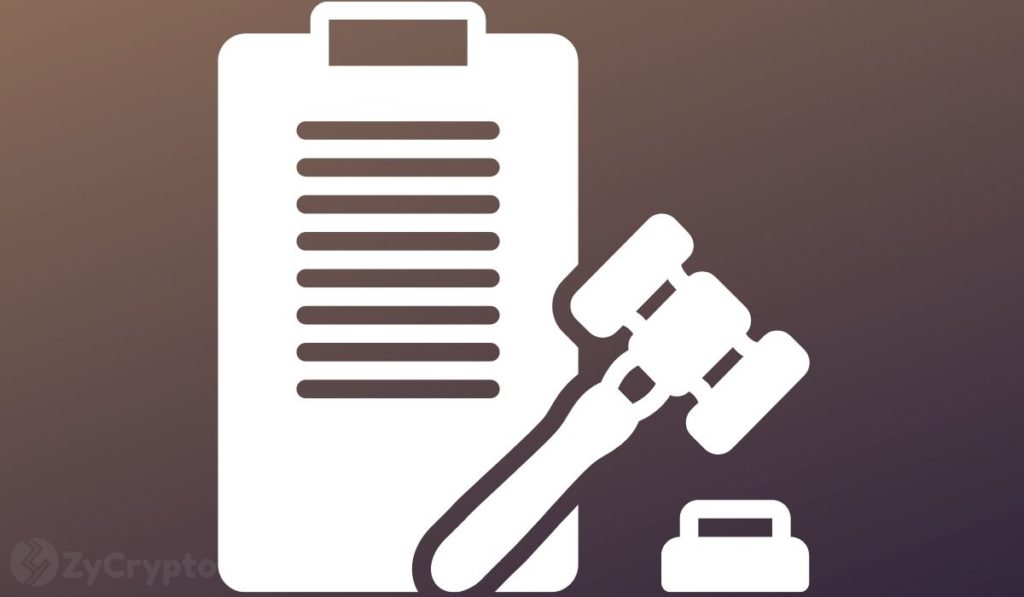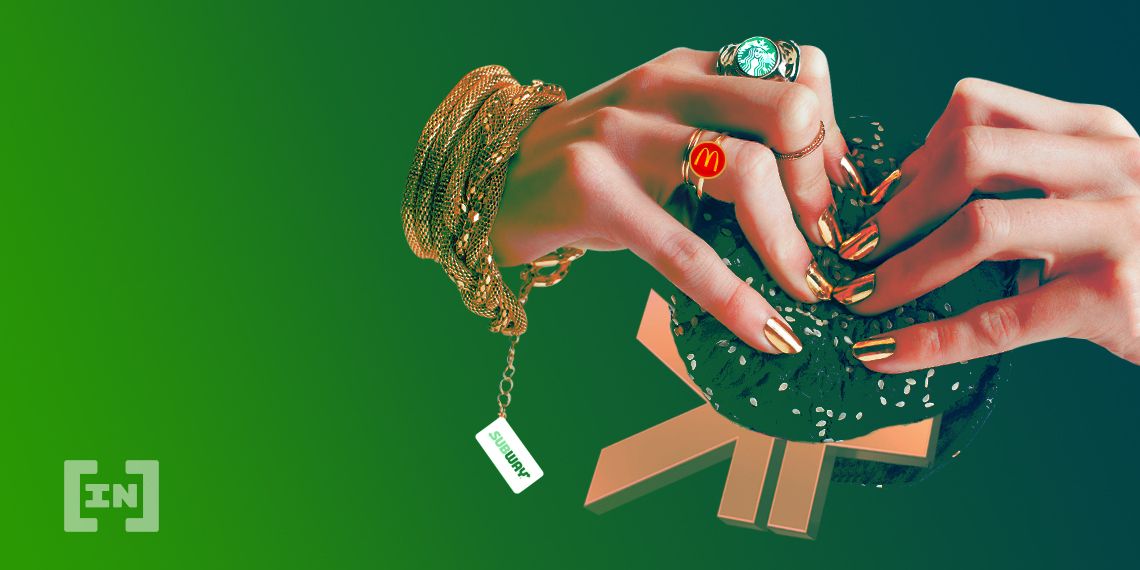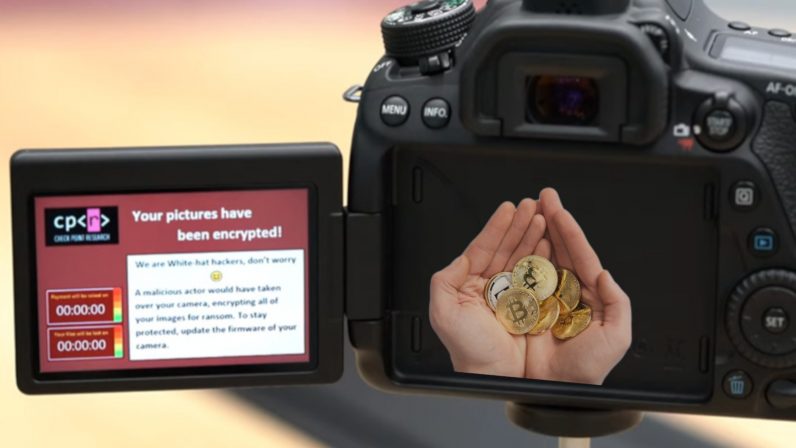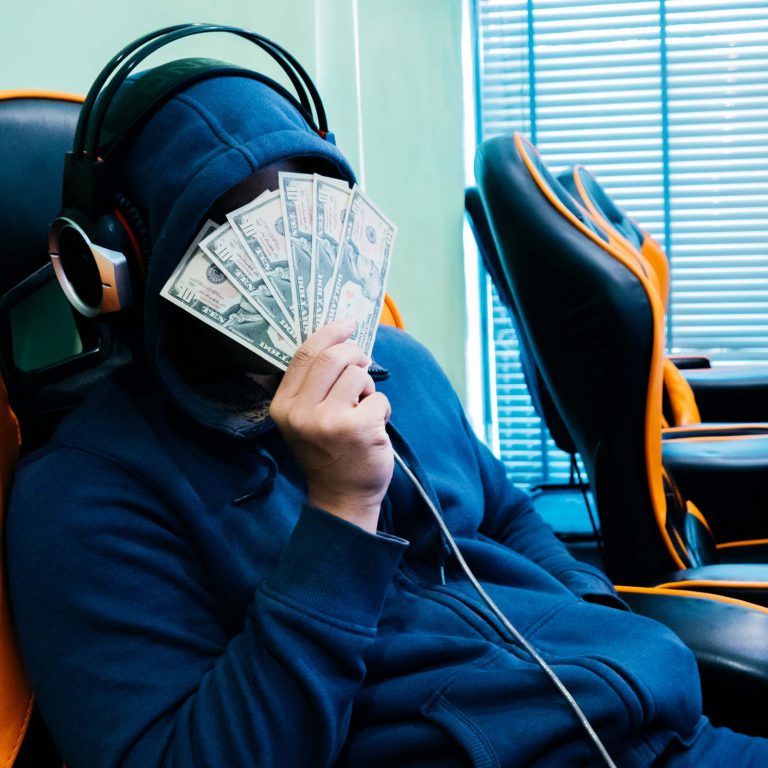2021-10-23 00:00 |
Digital property rights bring the connection between the internet and the economy into modernity.
Bitcoin Sovereignty: Part OneSo, you have taken the orange pill and are now going down the Bitcoin rabbit hole. You may be wondering what’s at the bottom? What is the core innovation of Bitcoin, from which all of wonderland is created? The answer may surprise you.
Along your Bitcoin adventure, you will meet many fascinating characters. They will tell you Bitcoin is many things: digital gold, a store of value, digital scarcity, peer-to-peer cash, proof of work. But at the bottom of the rabbit hole, we find something even deeper, an entirely new type of property rights — an entirely new type of ownership.
What we can own, and how we protect those property rights, lies at the very core of the type of society we live in, and the sovereignty we have to lead the lives we choose. If we can’t own the things that are important to us, we can’t own our own destiny, our choices are constrained, and we’re impoverished. Freedom is a very abstract term, but it is made concrete when you recognize that it means ownership. Freedom is ownership of yourself, your choices and your property.
The way we operationalize freedom is through property rights. Every single human right is effectively a form of property rights. Your ability to make sure nobody attacks you, that’s ownership of your body. Your ability to decide whether or not to get a vaccination, that’s ownership of your health. Your ability to travel, to speak your mind, to create things, these are all forms of ownership of your body and mind.
At the end of the Bitcoin rabbit hole is a new kind of ownership, more subtle and powerful than any we have had before. A new type of property with more powerful rights protection than any we have had before that provides us all with an unprecedented path to self-sovereignty and freedom.
Bitcoin Is Digital Property RightsUntil Bitcoin came around, there was no such thing as digital ownership.
Sure, you could be on the internet, but you couldn’t own anything on it. Music? Copied. Your search history? Owned by Google. Your connections with friends? Owned by Facebook. Your opinions? Owned by Twitter and censored by Twitter. Even PayPal, which was supposedly designed to provide you with a free market in which you could buy, sell and own things, saw them reserve the right for themselves to kick you off their platform, confiscate all your funds or censor your transactions.
A world without ownership is a public toilet.
Nobody cares about public toilets, and they are very frequently disgusting. Everyone uses them, no one wants to keep them clean. A lack of property rights on the micro level gives you a public toilet.
A lack of property rights on the societal level gives you the Berlin Wall.
Berlin was split into two, almost as a natural experiment in what happens when you provide one group of people with secure ownership and leave another group without it. What happened in Germany was what happened everywhere this same experiment has been tried: People in the place with property rights became more prosperous, while those in the place that didn’t provide those rights had to build a wall to keep people in because the people didn’t own property, the people became property.
The Mystery Of Missing Productivity GrowthThis helps us to understand a mystery. For over 25 years now we’ve had the world wide web and people were predicting that by connecting the world the internet would create phenomenal prosperity and greatly increase economic growth but instead we’ve seen economic stagnation. Wages have stagnated, economic growth has slowed and become completely reliant on money printing, just to stay above zero. The mystery is how could this be?
Well, part of the answer is we married this 21st century technology, the internet, to a system of economic sophistication straight from the bronze age. Therefore, the internet owners, like Mark Zuckerberg and Jeff Bezos, are the only sovereigns — modern day pharaohs — who instead of controlling the Nile and the water streams control the servers and the data streams. This leaves you, we, us, as the serfs. The pharaohs have thrived while we have stagnated.
But then there is Bitcoin, a democratic revolution for the digital sphere in the same way that Athens and Rome were democratic revolutions for the ancient world. Democratic in the original sense: Demos meaning the common political unit of the people. Bitcoin is the invention that provides a way of protecting the rights of individuals. Bitcoin is a global jurisdiction of a new kind: Providing borderless, permissionless property rights to all its censorship-resistant citizens. Permissionless because it relies on no pharaoh. Censorship resistant because no pharaoh can stop it.
Bitcoin Is A New FlourishingSocieties flourish when people are provided with such secure property rights and know that what they create and exchange voluntarily with others will remain theirs.
Until Bitcoin, the power to protect and secure ownership rights was based on the logic of violence: Either you needed to protect yourself from violence or had to rely on governments or other powerful groups to protect those rights for you.
Bitcoin created a conception of rights based not on the power of violence but on power of a different kind: the logic of cryptography, math and shared truth. It replaced violence with cooperation.
That is why it’s important to take the Bitcoin rabbit hole all the way to the end so we understand what’s at stake here. Digital rights which can be enforced for all people, globally, across borders, without violence. Bitcoin, this new power, finally puts us — the individual — in the driving seat, with sovereignty over our own lives.
Bitcoin also has created a newly powerful Demos, a wealthy community of Bitcoiners who together control a global jurisdiction. This gives us the opportunity and responsibility to create a new civilization, based on the free cooperation of sovereign people.
Now we have that power, the one remaining question at the bottom of the rabbit hole is this: How will we use it?
This is a guest post by Edan Yago. Opinions expressed are entirely their own and do not necessarily reflect those of BTC, Inc. or Bitcoin Magazine.
origin »Bitcoin price in Telegram @btc_price_every_hour
Digital Rupees (DRS) на Currencies.ru
|
|


























